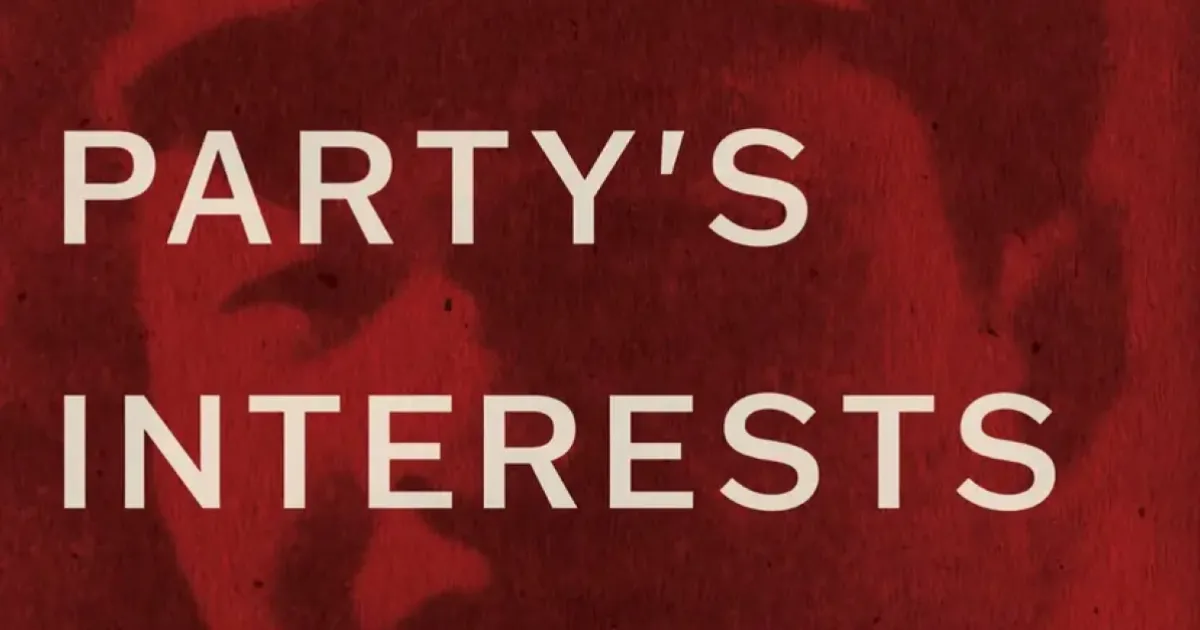Legal Battle Erupts Over Controversial Anti-DEI Guidance from U.S. Education Department

In a notable legal development, Randi Weingarten, the president of the American Federation of Teachers (AFT), has taken a leading role in one of the lawsuits aimed at challenging the contentious anti-Diversity, Equity, and Inclusion (DEI) guidance recently issued by the U.S. Department of Education. This guidance has declared that all race-based programming and activities are illegal, a stance that has sparked significant backlash and legal scrutiny. The situation escalated with two critical court orders issued on Thursday, marking a pivotal moment for educational institutions nationwide.
The rulings from federal judges in New Hampshire and Maryland represent a crucial step in the ongoing resistance to this new guidance. In both instances, the judges determined that the plaintiffs had a strong likelihood of succeeding in their argument that the February 14 'Dear Colleague' letter from the Education Department not only violated procedural norms but also infringed upon First Amendment rights. This is particularly significant given that prior to these rulings, schools and colleges were operating under the looming threat of losing federal funding should they disregard the guidance, a situation that had created widespread anxiety within educational circles.
The New Hampshire judge highlighted the striking ambiguity of the 2025 letter, noting that it fails to provide clear definitions of what constitutes a violation. However, it strongly suggests that educational institutions should avoid any activities that could be construed as DEI initiatives. This vagueness raises serious concerns, as it could compel schools to preemptively eliminate DEI-related efforts to escape the daunting prospect of losing essential federal grants. The judge articulated worries that the risk of federal funding cuts could devastate educational institutions, inducing them to avoid any semblance of DEI programming altogether, even when such actions may represent an overreach of executive authority.
Initially, the preliminary injunction issued by the New Hampshire court applies solely to institutions affiliated with the plaintiff group, leaving many other colleges and universities vulnerable to potential repercussions from the Education Department's controversial letter. However, shortly thereafter, a Maryland judge issued a ruling that served as a de facto nationwide injunction, preventing the enforcement of the 'Dear Colleague' letter until the legal cases are fully resolved.
It is crucial to understand that these injunctions do not entirely dismantle all efforts from the Trump administration targeting DEI initiatives. The 'Dear Colleague' letter is merely one facet of a broader strategy aimed at redefining how educational institutions interact with race-based programs.
In a parallel legal challenge, the NAACP has taken steps to contest the Education Department's guidance and its broader implications for DEI. In this case, a judge in the District of Columbia ruled against the department's requirement mandating K-12 schools to certify they lack DEI programs. This certification, which had a deadline of April 24, came with threats of federal funding cuts hanging over schools that did not comply. The court determined that this certification requirement imposed severe penalties for actions that were poorly defined, suggesting that the plaintiffs had a compelling case.
The release of the 'Dear Colleague' letter has ignited considerable outrage among advocates for both K-12 and higher education across the nation. Many legal experts argue that this letter exemplifies a misuse of presidential power, illustrating an attempt to impose a specific ideological perspective on educational institutions and their operations.
The Education Department defended its guidance by referencing the Supreme Court's 2023 decision in Students for Fair Admissions v. Harvard, which prohibited race-conscious admissions practices. The Department argued that this ruling rendered any race-based programming, resources, and financial aid illegal, presenting colleges with an unreasonably short compliance window of just two weeks. Following the letters release, the Office for Civil Rights initiated numerous investigations into colleges, accusing them of failing to adhere to the newly enforced guidelines.
In an attempt to align with the administrations directives, several colleges and universities began to retract or rebrand their DEI initiatives and scholarships. Notably, institutions such as the Universities of Cincinnati, Pittsburgh, and Alaska have removed the terms 'diversity' and 'inclusion' from their official websites. Ohio State University took drastic measures, closing its DEI offices and overhauling eligibility criteria for various programs, actions that were taken despite advice from academic associations advocating for a more measured response rather than excessive compliance.
On March 3, the Education Department attempted to clarify some points within the 'Dear Colleague' letter by issuing a FAQ, which seemed to soften some of the earlier demands. However, the backlash from higher education leaders continued unabated, leading to a swift filing of lawsuits in response.
The lawsuit originating in New Hampshire was spearheaded by the National Education Association (NEA), the largest K-12 teachers' union in the United States, while the Maryland case was brought forth by the AFT, which represents a vast number of higher education faculty members. Both unions contended that the letter, with its threats to withdraw federal funding, violated both the First and Fifth Amendments. They argued that the ambiguous language of the directive exceeded the Department of Education's statutory authority, and stressed that the elimination of DEI programs, paired with potential funding cuts, would undermine the essential role of schools and universities in promoting socioeconomic mobility.
The AFT's complaint asserted, 'This letter is an unlawful attempt by the department to impose this administration's particular views on how schools should operate as if it were the law.' It emphasized that Title VI's requirements have not changed, nor has the interpretation of the Supreme Court's decision in the SFFA case, despite the Department's differing views on the matter. Title VI of the Civil Rights Act explicitly prohibits discrimination based on race, color, or national origin.
During a recent hearing in the Maryland case, the Education Department maintained that its directive was a mere reminder of existing civil rights laws that protect all children from discrimination, irrespective of race. U.S. attorney Abhishek Kambli argued, 'It's highly unlikely that they're going to go after a school because they taught a certain book. All this letter does is just clarify what the existing obligations are under Title VI of the Civil Rights Act.'
However, this defense did not resonate with the Maryland judge, who ultimately sided with the plaintiffs, echoing the sentiment of the judge in New Hampshire. The latter voiced concerns that the policies outlined in the 'Dear Colleague' letter did not properly define DEI and thereby posed a threat to foundational principles of free speech and academic freedom.
On the other hand, the Maryland judge evaluated the issue from both substantive and procedural legality perspectives, concluding that the Trump administration's guidance did not hold up under scrutiny in either regard. The judge stated, 'Plaintiffs have shown that the government likely did not follow the procedures it should have, and those procedural failures have tangibly and concretely harmed the plaintiffs.' Judge Gallagher remarked that this case particularly underscores the importance of adhering to the proper procedures, even when they may seem burdensome.
While these orders currently represent temporary halts to enforcement, education stakeholders regard this as a significant victory. The nationwide injunction will pause at least part of the chaos that the Trump administration is unleashing in classrooms and learning communities throughout the country. It will also afford the plaintiffs the opportunity to clearly demonstrate in court how these attacks on public education are unconstitutional and should be permanently halted, remarked Skye Perryman, president of Democracy Forward, a pro bono legal organization representing the AFT in the Maryland case.
In her statement, Randi Weingarten emphasized that the courts' ruling reaffirmed that the vague and clearly unconstitutional requirements posed a grave threat to students, educators, and the integrity of academic history and knowledge. For the NEA, the ruling from New Hampshire marked a triumph for students, parents, and educators, effectively obstructing what they labeled an unprecedented and unlawful effort to control American educational institutions.
NEA president Becky Pringle commented, 'Across the country, educators do everything in their power to support every student, ensuring that each feels safe, seen, and prepared for the future. Todays ruling allows educators and schools to continue to be guided by whats best for students, not by the threat of illegal restrictions and punishment.' The Department of Education did not respond to inquiries from Inside Higher Ed prior to the publication of this story.


















